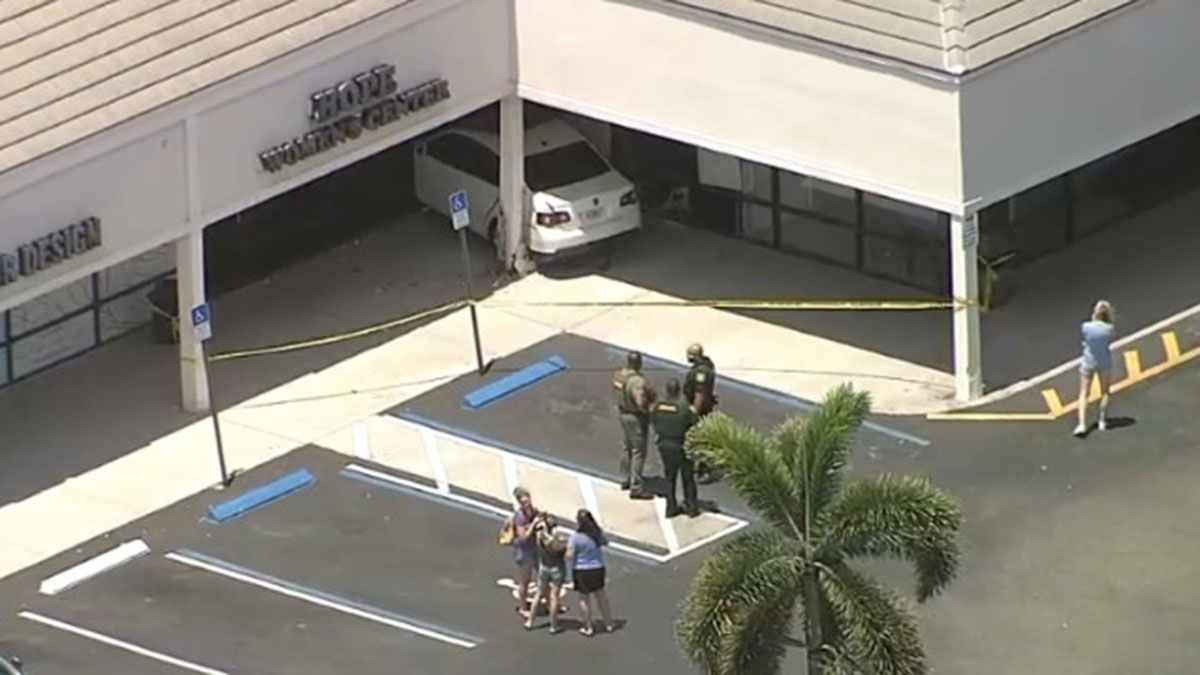Books are powerful tools that can cast a spell even over the youngest of children. And that idea is behind a new program from the Children’s Trust and The Center for Writing and Literature called /* Style Definitions */ table.MsoNormalTable {mso-style-name:"Table Normal"; mso-tstyle-rowband-size:0; mso-tstyle-colband-size:0; mso-style-noshow:yes; mso-style-priority:99; mso-style-parent:""; mso-padding-alt:0in 5.4pt 0in 5.4pt; mso-para-margin:0in; mso-para-margin-bottom:.0001pt; mso-pagination:widow-orphan; font-size:10.0pt; font-family:"Times New Roman","serif";} , “Read to Learn Books for Free.”
"The kids' eyes light up when they see the bookshelves and they can take the books. The parents are ecstatic to get the books," said Lisette Mendez, programs director for the Miami Book Fair International, describing the moment when parents and children encounter one of the installations placed at community centers in low-income areas of Miami-Dade County.
The staff delivers a total of 4,000 books a week, divided among 36 community centers such as the Women, Infants, and Children Center, known as WIC, in North Miami. They target places where low-income parents are likely to live. Parents are invited to take one book per child and keep it; which makes it different from borrowing a book at the library.
"I can read it to her before she goes to bed and she'll learn something. So when I read it to her, she reads it back to me so it makes me feel good, you know?" said Stanley Ingram, holding his daughter who was holding the new book she just picked out.
The idea here is to make reading fun, get children to think of reading not as a chore, but as a source of pleasure to create life-long readers. Research shows the younger they are when you start reading to them; the better off children are when they go to school.
"There's studies that show that the more parents read; the more words kids assimilate and they learn how to use as they get older and start constructing their own sentences," Mendez explained. "Our primary goal is to get kids to learn how to read by the third grade. But to get kids to read by third grade you need their parents to be on board."
Nyleve Battle was at the WIC center today, picking out a book with her daughter. She said she understands the importance of getting kids excited about reading at an early age.
Local
"When I was a little kid, I read a lot of books and I thought it was amazing and actually I had a lot of friends who didn't know how to read. So I think a lot of people should take time to read with their kids," Battle said.
Every book is donated. Parents who struggle to pay rent, utilities, and food bills appreciate the gesture, and their kids appreciate it even more.
You can donate books to the program by going to www.thecenteratmdc.edu and look for the link called "Book Drive.”



